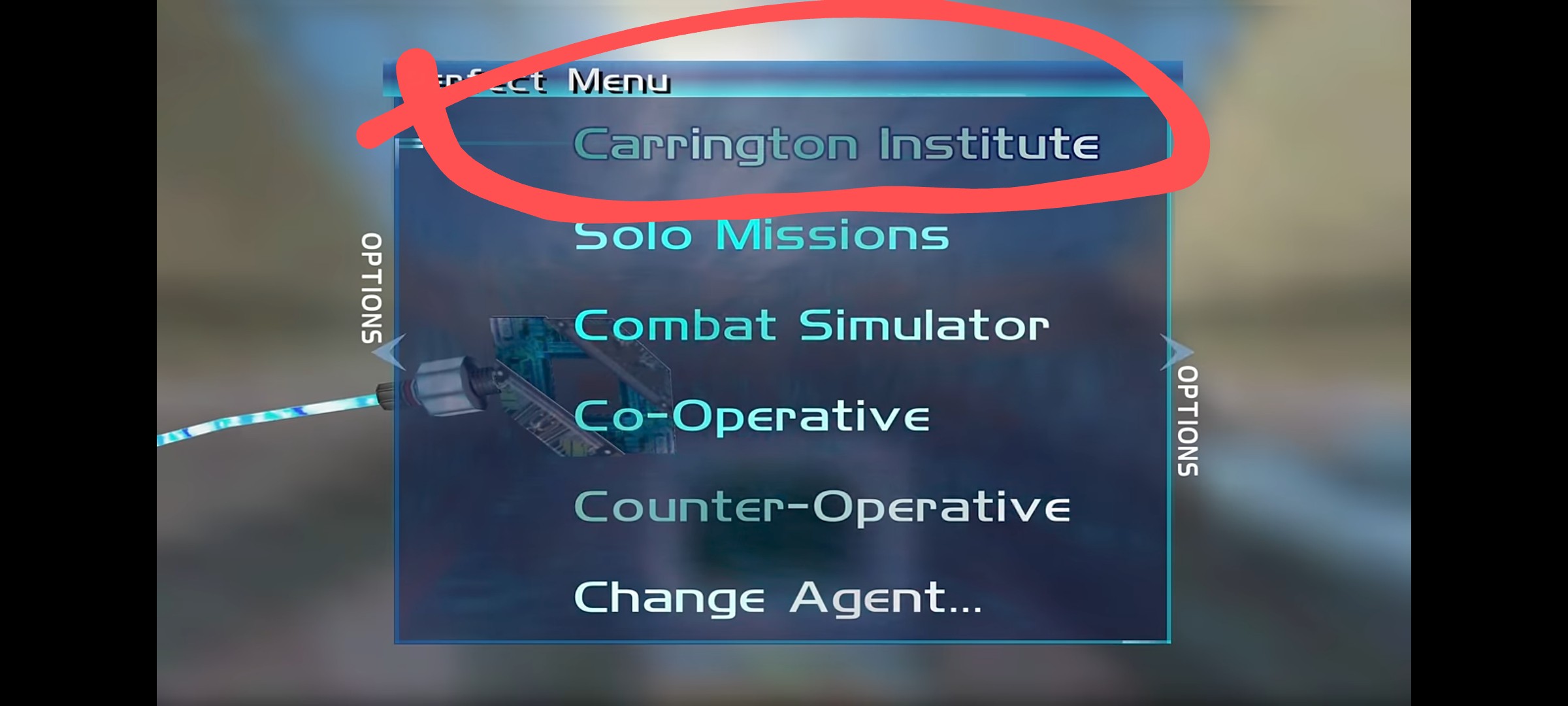The ninja farmer
Member
Played both back in the day, with Goldeneye being 'that game' for the n64
That one, maybe even more than Mario said the wait for next gen was over. It was leap forward for the genre and done by rare, at the height of their powers. That and that a movie game, also finally pretty much followed the story, of the movies. just sealed the deal for me (I even got the earlier release us version, plus the converter to mate with a uk game allow the n64 to play it.)
Perfect dark was awesome as well. But you could see that even with the expansion pack the n64 was being pushed too hard. Although multiplayer with bots and those alien guns that could see through walls. Was just mind blowing for that time
And you can't forget about the split screen games on both of them. Especially with 4 players, on a 21" tv, or smaller
Both were classics. They truly did make a contribution to gaming history
But history also hasn't been kind to their graphics and performance. More so perfect dark.
I'm glad we got them. And that they were remade and others got to see what like so many other games was cutting edge and a real gaming thrill. Even if some parts have aged much more than others.
That one, maybe even more than Mario said the wait for next gen was over. It was leap forward for the genre and done by rare, at the height of their powers. That and that a movie game, also finally pretty much followed the story, of the movies. just sealed the deal for me (I even got the earlier release us version, plus the converter to mate with a uk game allow the n64 to play it.)
Perfect dark was awesome as well. But you could see that even with the expansion pack the n64 was being pushed too hard. Although multiplayer with bots and those alien guns that could see through walls. Was just mind blowing for that time
And you can't forget about the split screen games on both of them. Especially with 4 players, on a 21" tv, or smaller
Both were classics. They truly did make a contribution to gaming history
But history also hasn't been kind to their graphics and performance. More so perfect dark.
I'm glad we got them. And that they were remade and others got to see what like so many other games was cutting edge and a real gaming thrill. Even if some parts have aged much more than others.



